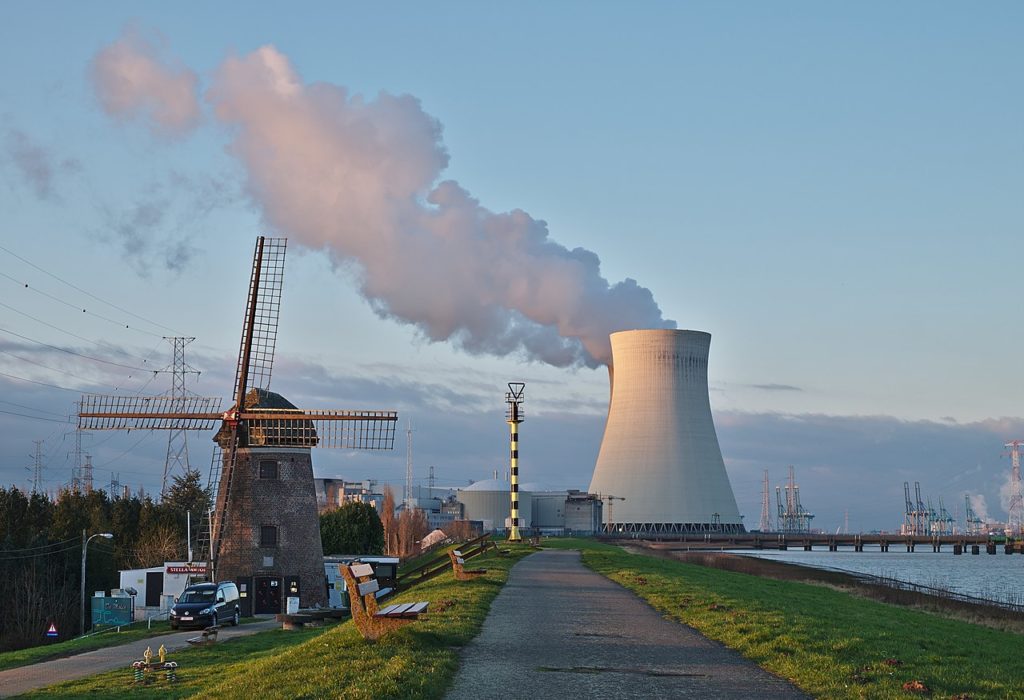The European Commission's has been accused of "greenwashing" following its decision on 31 December to classify energy from nuclear and natural gas as "green" on its taxonomy list.
The final decision had been long in the making and is essential to securing investments in these energies. For the Commission, nuclear and natural gas are key transition energies that will allow Member States to move away from even more polluting energy sources (such as coal power stations) whilst ensuring that Europe's energy needs are met.
This latter point is especially pertinent in light of renewable energy sources that either have not been developed enough to cover a country's energy needs, or operate below capacity (for instance, in times of low wind) and therefore need to be supplemented by alternative energy sources.
Going against climate goals
Despite this latest decision being driven by Germany (that favours gas) and France (where nuclear accounts for over 70% of the energy mix), several opponents to the classification have criticised this decision for going against the EU's "Fit for 55" policy, that aims to cut greenhouse gas emissions by 55% by 2030.
Some Member States, such as Austria and Luxembourg, are strongly opposed to this latest decision and have even threatened to take the EU to court over the matter. Austria's Environment Minister Leonore Gewessler stated that “If these plans are implemented as they are, we will file a lawsuit."
Non-governmental organisations such as the World Wide Fund for Nature (WWF) have added their voice to the rebuke, deploring the lack of consultation with citizens. Greenpeace – a longstanding opponent to both natural gas and nuclear – labelled this latest development in Europe's energy policy as outright "greenwashing".
Related News
- Belgium reaches agreement on nuclear exit
- Renewable electricity capacity growing, but not enough for CO2 neutrality by 2050
- European Commission: 'We are serious about the Green Deal'
In its defence, the Commission hopes that the latest taxonomy will allow Europe to make a transition towards a predominantly renewable energy mix without jeopardising energy sovereignty or risking energy shortages when renewables are not yet sufficient to provide for the continent's energy needs. Furthermore, they highlight that the latest classification will ensure that future investments in gas and nuclear are more tightly regulated and must conform to higher environmental and safety standards.
It should be noted that natural gas and nuclear are very different energy sources, the latter emitting close to zero greenhouse gas emissions and more often a cause for concern because of the challenges posed by the nuclear waste it creates (although proponents of nuclear highlight that, when well-regulated, this is not an issue in the EU).

